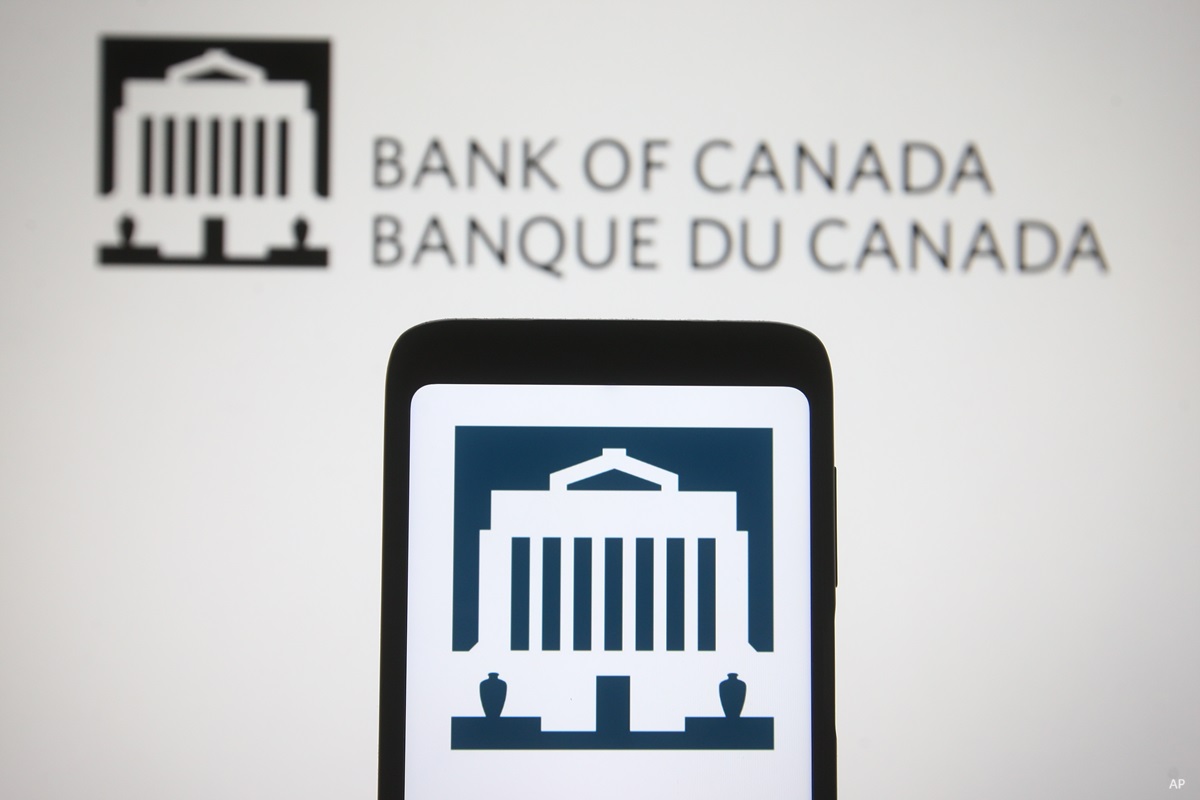
Today, the Bank of Canada announced a 0.50% increase to its key overnight rate, bringing it to 4¼%. The hike is the seventh this year in the fight against inflation brought on by persisting global political, economic, and pandemic-related factors. The Bank said it is continuing its policy of quantitative tightening.
"Rising rates, especially given the year's dismal returns on both stocks and bonds and the erosion of spending power via elevated inflation, are rightly a concern for investors. Investors are urged to remember that a laser-sharp focus on time horizon and appropriate asset allocation is a more productive use of time than fretting over short-term market volatility,” said Morningstar Canada’s Director of Investment Research Ian Tam.
Canada’s Ecocomic Growth Expected to Stall Through Middle of 2023
In Canada, the Bank points out that GDP growth in the third quarter was stronger than expected, and the economy continued to operate in excess demand.
“Canada’s labour market remains tight, with unemployment near historic lows. While commodity exports have been strong, there is growing evidence that tighter monetary policy is restraining domestic demand: consumption moderated in the third quarter, and housing market activity continues to decline. Overall, the data since the October MPR support the Bank’s outlook that growth will essentially stall through the end of this year and the first half of next year,” the Bank said in a press release.
Though it noted that global economic growth is slowing, it is proving more resilient than was expected at the time of the October Monetary Policy Report (MPR).
Bank Continues to Be Concerned About Inflation
Inflation around the world remains high and broadly based.
“CPI inflation remained at 6.9% in October, with many of the goods and services Canadians regularly buy showing large price increases. Measures of core inflation remain around 5%. Three-month rates of change in core inflation have come down, an early indicator that price pressures may be losing momentum. However, inflation is still too high and short-term inflation expectations remain elevated. The longer that consumers and businesses expect inflation to be above the target, the greater the risk that elevated inflation becomes entrenched,” the Bank noted.
Looking ahead, the Bank of Canada Governing Council will be considering whether the policy interest rate needs to rise further to bring supply and demand back into balance and return inflation to target. “(the) Governing Council continues to assess how tighter monetary policy is working to slow demand, how supply challenges are resolving, and how inflation and inflation expectations are responding. Quantitative tightening is complementing increases in the policy rate. We are resolute in our commitment to achieving the 2% inflation target and restoring price stability for Canadians,” the Bank said.
Could We Have a Recession in 2023? Maybe, Maybe Not.
Morningstar expects a 50% likelihood of a recession in 2023.
“Inflation has remained stubbornly high, while economic activity continues to trend up. This points to a more aggressive stance from the Federal Reserve, which has led interest rates to soar higher. In turn, higher interest rates will lead to weaker gross domestic product growth in 2023 than we previously expected. A recession now looks like a 50% likelihood between now and the end of 2023,” said Preston Caldwell, Head of U.S. Economics for Morningstar Research, adding that he expects growth to accelerate again in 2024.
What Should Investors Do?
"Interest rates affect Canadians in many ways," says Tam, "For investors, it generally means that the value of the fixed income portion of your portfolio will fall, as the demand for bonds with lower coupon rates decreases. That said, as a disciplined investor with an unwavering focus on your financial goals, it's best not to fret. Interest rate adjustments happen frequently - if you feel the value of your bond portfolio is fluctuating too much for comfort, perhaps consider re-visiting your allocation to long duration bonds (or those that are most sensitive to interest rates). For homeowners, a hike in interest rates means that if you're on a fixed-rate mortgage, come renewal time your monthly payment or amortization period might increase, which is something to be weary of when managing monthly household cash flows."









.jpg)










